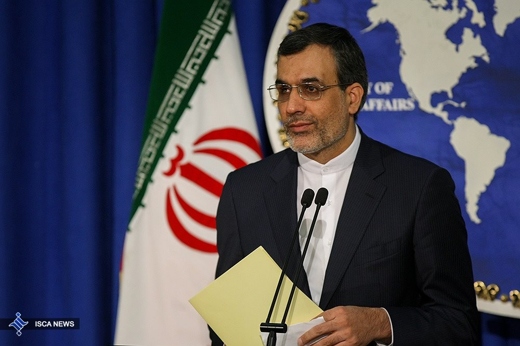In a statement late on Thursday, Jaberi Ansari described the decision at the UN Human Rights Council (UNHRC) to extend the mandate of Ahmed Shaheed as politically-motivated and biased.
The composition of countries supporting the decision like Saudi Arabia, the United Arab Emirates (UAE) and Qatar, whose people are witnessing systematic violations of human rights by their governments, indicates the fact that the move was politically motivated, the spokesman said.
He emphasized that it also proved the West’s instrumental use of the international mechanism for protecting human rights (UNHRC).
The Islamic Republic is committed to its obligations regarding the promotion of human rights in compliance with its constitution and religious values, Jaberi Ansari said, adding that accordingly, Tehran has always cooperated with the UN human rights mechanisms, including the Universal Periodic Review (UPR).
The UPR is a unique mechanism of the Human Rights Council (HRC) aimed at improving the human rights situation on the ground of each of the 193 United Nations (UN) Member States.
Under this mechanism, the human rights situation of all UN Member States is reviewed every 4.5 years.
Various reports by Ahmed Shaheed have attacked the Islamic Republic. The reports have come under criticism by many independent observers who have questioned them for being based on accounts provided by expatriates and terrorist groups such as Mojahedin-e Khalq Organization (MKO).
